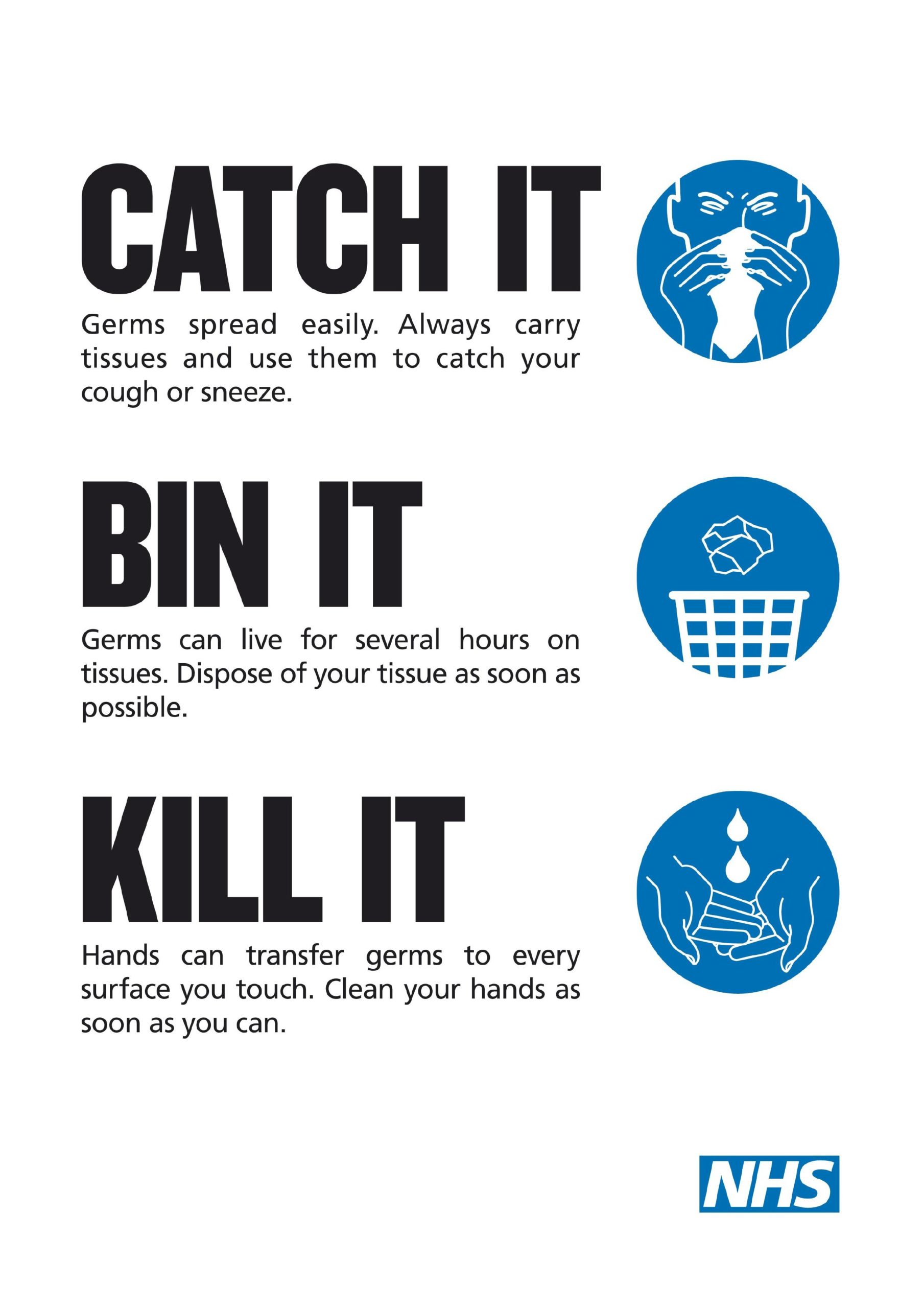Introduction
Premises operating during the Coronavirus Covid-19 pandemic need to ensure they are protecting their workforce and minimising the risk of spread of infection.
This guidance is intended to introduce consistent measures on your premises in line with the Government’s recommendations on social distancing. These are exceptional circumstances and you must comply with the latest Government advice on Coronavirus at all times. The health and safety requirements of your activity must not be compromised. We have put in place a procedure for Working in the office. If a premise is not consistently implementing the measures set out below, it may be required to shut down. The procedure will be reviewed regularly.
Self-Isolation
Anyone who meets one of the following criteria should not come to the premises:
- Has a high temperature or a new persistent cough – follow the government guidance on self-isolation.
- Is a vulnerable person (by their age, underlying health condition, clinical condition or are pregnant).
- Is living with someone in self-isolation or a vulnerable person.
Travel to Premises
- Wherever possible, workers should travel to the premises alone using their own transport.
- Adhere to 2 m social distancing when walking or if parking on the premises.
- Consider other means of transport to avoid public transport e.g. cycling.
- Have a plan in place if you were to fall ill and how you would get home.
Procedure if Someone Falls Ill whilst in the Office
If a worker develops a high temperature or a persistent cough while at work, they should:
- Return home immediately.
- Avoid touching anything.
- Cough or sneeze into a tissue and put it in a bin, or if they do not have tissues, cough and sneeze into the crook of their elbow.
They must then follow the government guidance on self-isolation and not return to work until their period of self-isolation has been completed.
Avoid Close Working
- Stop all non-essential visitors.
- Do not visit the premises if it is non-essential. Work from home if possible.
- Adhere to 2m social distancing. Allow plenty of space (two metres) between people waiting to enter premises.
- All workers to wash or clean their hands before entering or leaving the premises.
- If possible, do not use entry systems that require skin contact e.g. fingerprint scanners.
- Regularly clean your common contact surfaces in i.e. screens, telephone handsets, desks.
- Use the bins provided for paper towels.
- Adhere to any COVID 19 safety signage/instructions.
- Stairs should be used in preference to lifts. Where lifts must be used: One person at a time to reduce congestion and contact at all times.
- Use allocated workstations.
- Non-essential physical work that may require close contact between staff should not be carried out.
- Plan all other work including work areas/walkways to minimise contact between staff.
- Ensure good ventilation, rooms should be well ventilated and where possible windows opened to allow fresh air circulation.
- Premises will need extra supplies of soap, hand sanitiser and paper towels and these should be securely stored.
- If possible, arrange a one-way system within the office.
Toilet Facilities
- If more than one person is on the premises, restrict the number of people using the toilet facilities at any one time.
- Wash hands before and after using the facilities.
Eating Arrangements
- Wash hands before and after using the facilities.
- Please use pre-prepared meals and refillable drinking bottles from home.
- Tables should be cleaned between use.
- All rubbish should be put straight in the bin and not left for someone else to clear up.
- Where applicable, all areas used for eating must be thoroughly cleaned at the end of each break, including chairs, door handles, vending machines and any payment devices.
- Adhere to 2m social distancing.
Cleaning
Enhanced cleaning procedures should be implemented across the premises, particularly in communal areas and at touch points including:
- Taps and washing facilities.
- Toilet flush and seats.
- Door handles and push plates.
- Handrails on staircases and corridors.
- Lift controls.
- Food preparation and eating surfaces.
- Telephone equipment.
- Keyboards, photocopiers and other office equipment.
- Rubbish collection and storage points should be emptied regularly throughout and at the end of each day.
- Wash hands before and after.
Meetings
- Only when absolutely necessary, essential participants to attend.
- Attendees should be two metres apart from each other.
- Rooms should be well ventilated/windows opened to allow fresh air circulation.
- Consider holding meetings in open areas where possible.
- Use video conferencing (Teams/Skype/Zoom) or conference calls as an alternative.
Deliveries
- Drivers should wash or clean their hands before unloading goods and materials.
- Adhere to 2m social distancing.
Written by Mark Mulheron of PRS, Guildford HR’s Health and Safety partners


